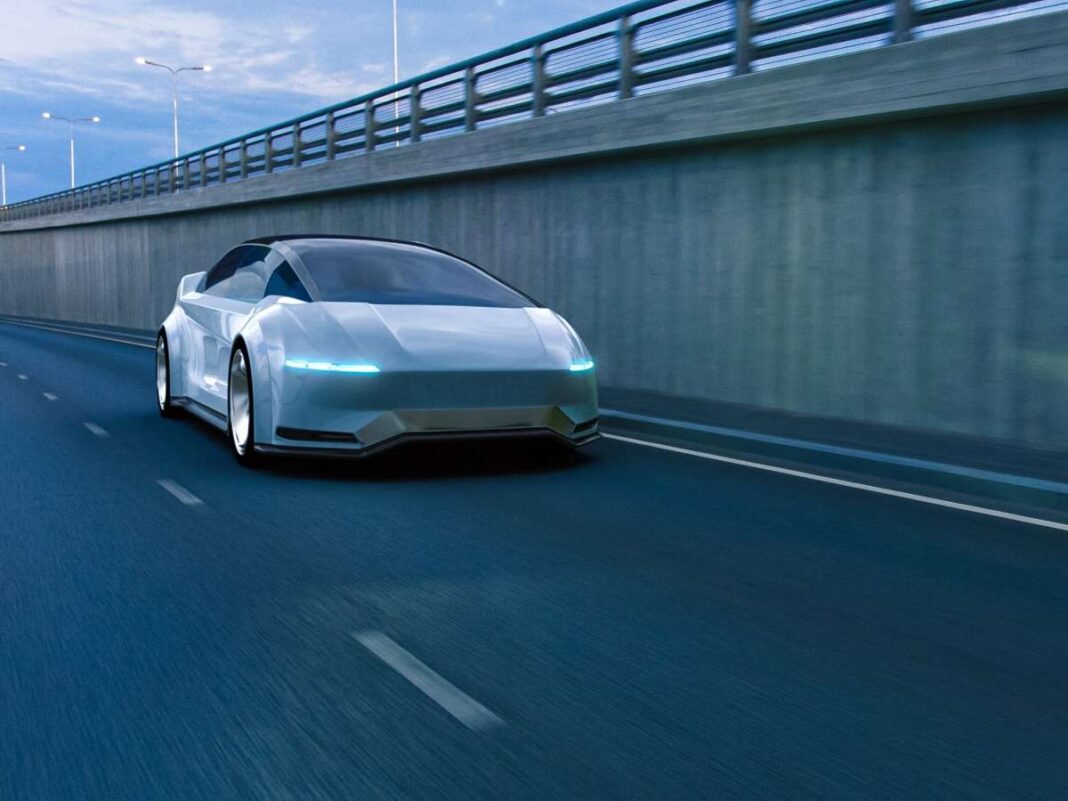In the ever-evolving world of automotive design, concept cars stand as bold expressions of innovation and vision. These extraordinary vehicles are not just glimpses into what the future might hold; they are powerful statements that challenge the boundaries of technology, sustainability, and aesthetics. Through daring experimentation, concept cars shape the trajectory of the automotive industry, inspiring both manufacturers and enthusiasts alike.
The Role of Concept Cars in Shaping the Future
Concept cars serve as laboratories on wheels, acting as testing grounds for new technologies and design philosophies. They allow automakers to explore cutting-edge ideas without the constraints of current production limitations. For instance, Mercedes-Benz has a storied history of developing groundbreaking concept cars that consistently push the boundaries of design, technology, and innovation. These visionary prototypes not only showcase advanced engineering but also represent a glimpse into the future of mobility.
Iconic Concept Cars Paving the Way
Mercedes-Benz Vision AVTR
The Mercedes-Benz Vision AVTR focuses on sustainability and futuristic design. This concept car emphasizes a biometric connection between the vehicle and driver, gesture-controlled autonomous driving, and innovative features like crab-like lateral movement. It represents a leap forward in thinking about how cars interact with the environment and their users.
BMW Vision M Next
BMW’s Vision M Next explores the future of electric supercars by integrating advanced technologies like augmented reality and intelligent drive modes. With a lightweight carbon fiber and aluminum construction and a plug-in hybrid powertrain delivering 600 horsepower, this concept car embodies BMW’s commitment to blending performance with sustainability.
Infiniti Q60 Concept
At the North American International Auto Show (NAIAS) in 2015, Infiniti unveiled the Q60 Concept, boasting flowing lines and sharp curves while maintaining the brand’s recognizable grille. This vehicle represented Infiniti’s efforts to refresh its design language, aiming for future models to mirror this concept.
Hyundai Santa Cruz Crossover Truck Concept
Hyundai’s Santa Cruz concept reinvented the pickup truck category with a compact footprint resembling an SUV and seating for five. Powered by a fuel-efficient 2-liter turbo diesel engine, it delivers 190 hp and 300 lb-ft of torque, blending practicality with modern design innovation.
Notable Concept Cars and Their Innovations
| Concept Car | Manufacturer | Key Innovations & Features |
| Mercedes-Benz Vision AVTR | Mercedes-Benz | Biometric driver connection, gesture controls, lateral movement |
| BMW Vision M Next | BMW | Augmented reality cockpit, hybrid powertrain, intelligent drive modes |
| Infiniti Q60 Concept | Infiniti | Evolved design language, precursor to future models |
| Hyundai Santa Cruz Crossover Truck | Hyundai | Compact design, turbo diesel engine, crossover utility |
| Mercedes-Benz C111 Series | Mercedes-Benz | Avant-garde design, mid-mounted engines, experimental technologies |
Shaping Production Vehicles
Concept cars often influence the design and technology of future production models. For example, the Mercedes-Benz C111 Series served as experimental prototypes that combined avant-garde designs with complex engineering. These vehicles were test beds for future technologies, influencing both the brand’s evolution and the broader automotive industry.
Similarly, Hyundai showcased its willingness to explore new market segments and design philosophies with the Santa Cruz Concept, signaling a bold move into the crossover truck category.
Conclusion
Concept cars are more than just futuristic prototypes; they are catalysts for change, challenging conventions and paving the way for the next generation of vehicles. As automakers continue to push the limits of what’s possible, concept cars will remain at the forefront of innovation, driven by imagination and crafted for the future.

